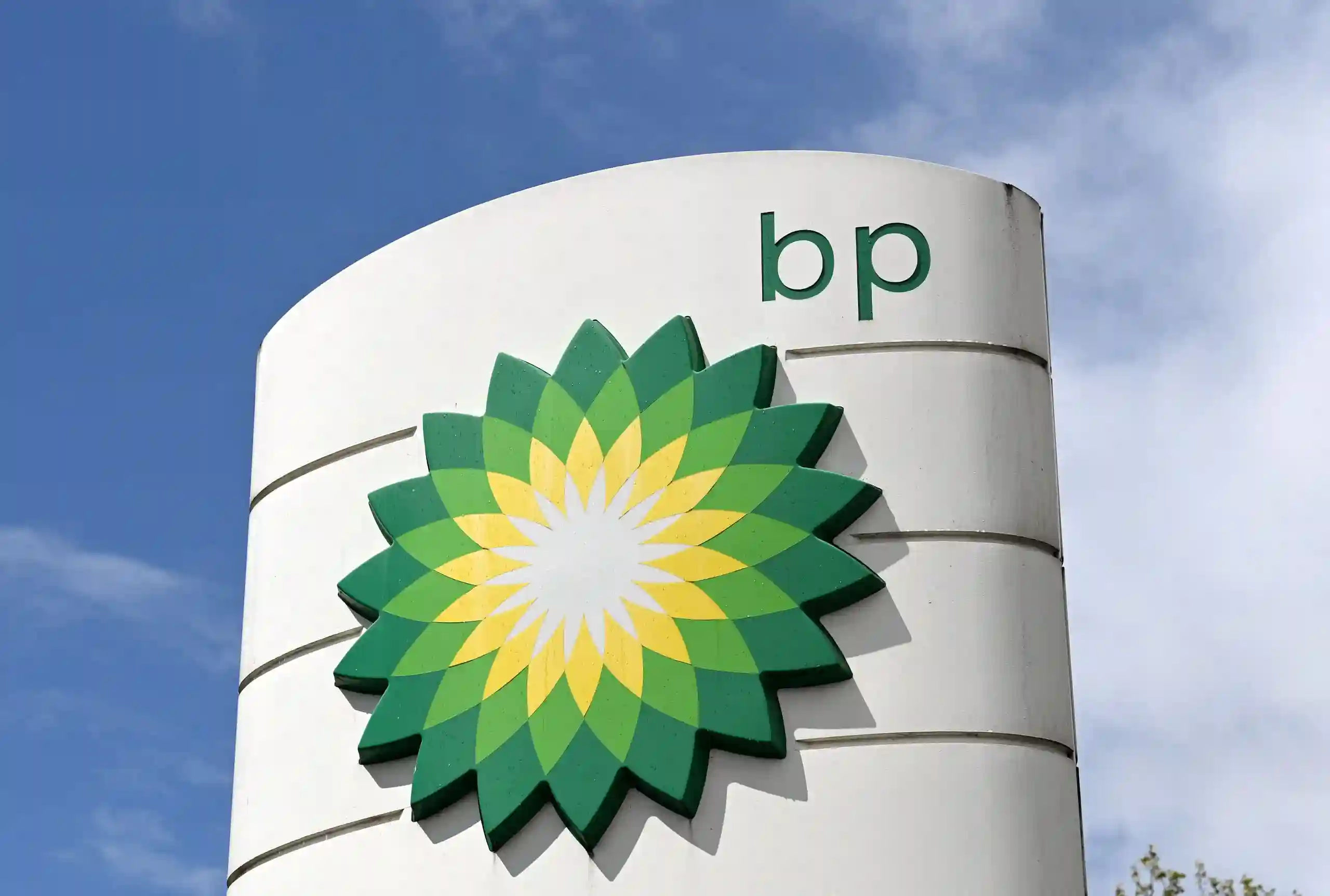A South African judge has ruled that BP, a British oil company, must pay $15 million as the fuel it claimed to have exported to Zimbabwe in 2019 never actually arrived. The case was brought to court by the South African Revenue Service (SARS), which argued that BP received tax rebates of $12 million for the consignment of diesel. However, the judge found no evidence that the diesel crossed the border into Zimbabwe, stating that BP failed to provide a factual case supporting their claim, newZWire reported. The document purporting to record the export was deemed a forgery. As a result, SARS intends to seize BP’s properties.
The case sheds light on dealers’ abuse of fuel trade channels in Zimbabwe, particularly during the fuel crisis of 2019. Many traders took advantage of favourable exchange rates to order fuel using US dollars from official channels, only to divert it to other markets. The quantity of fuel involved in the BP case was sufficient to last four days based on Zimbabwe’s diesel consumption levels.
Zimbabwe has struggled with a significant annual fuel import bill, averaging $1.3 billion between 2017 and 2019. In response to persistent fuel shortages and rising costs, the government removed subsidies in 2020 and allowed market prices in US dollars. Import volumes subsequently dropped by 50%. However, industry players suspected that the import bill had been inflated previously, suggesting possible misuse of foreign exchange allocations.
The Indigenous Petroleum Association of Zimbabwe (IPAZ) raised concerns about fuel shortages and questioned the high import volumes. They highlighted discrepancies between the economy’s size and the quantity of fuel being imported. The Reserve Bank of Zimbabwe governor, John Mangudya, acknowledged the shortages but did not provide a clear explanation, mentioning factors such as “invisible hands” and “indiscipline.”
According to government critics, Zimbabwe has experienced its most corrupt period since gaining independence between 2018 and the present day. This coincides with President Emmerson Mnangagwa coming into power in 2018. When he assumed office, President Mnangagwa promised to tackle corruption head-on. He set up various anti-corruption units, but critics argue that the situation has actually worsened, as no effective measures have been taken to combat corruption. These critics claim that even the anti-corruption units have members who have been engaged in corrupt activities themselves.

